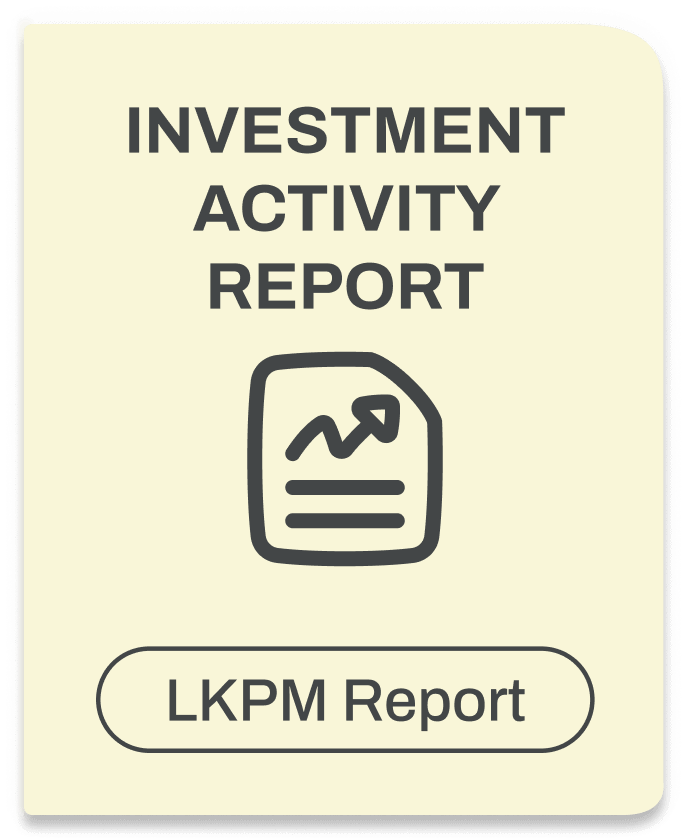Can You Be an Indonesian Dual Citizen?

Indonesian citizenship is deeply rooted in the country’s history, legal tradition, and emphasis on national identity. At its core, Indonesia follows the jus sanguinis principle, meaning citizenship is primarily passed down through bloodline, not birthplace. This is reflected in Law No. 12 of 2006 and its related regulations, which govern how Indonesian citizenship is acquired, retained, or lost.
Most Indonesians gain citizenship through their Indonesian parent(s), no matter where they’re born. While jus soli (citizenship by birthplace) does exist in a few narrow cases, mainly to prevent statelessness, it’s not a major basis for citizenship in Indonesia. Foreigners born in Indonesia, or those who have lived in the country long-term, may also apply for naturalization, but must meet strict legal requirements.
One major exception applies to children of mixed-nationality parents, who are allowed to hold dual citizenship temporarily (up to age 18, extendable to 21) before they must choose a single nationality.
Current Legal Framework
Indonesia follows a single citizenship rule for adults. This means if you’re over 18, you’re only allowed to hold one nationality. Indonesian law does not permit dual nationalities for adults, except in rare cases. The law requires that individuals must decide which nationality to keep by a certain age.
Indonesian Citizenship Law
The main rule comes from Law No. 12 of 2006 on Citizenship, which says Indonesian citizens can’t have two citizenships at the same time. But there’s a big exception: a child born from a mixed marriage (one Indonesian parent and one foreign parent) is eligible for dual citizenship, at least for a while.
What Happens with Children
Kids born to one Indonesian citizen and one foreign national can be registered as having dual nationality. This means they can hold dual citizenship and have two passports legally until they turn 18, at which point they must make a declaration regarding their citizenship. It gives them time to understand both cultures and countries.
But they must make a decision. Law 12/2006 lets ABG keep dual status until 18 (or marriage earlier), then gives 3 years (18–21) to file the “Statement of Choice.” If they don’t, they lose Indonesian citizenship.
How to Apply for Indonesian Dual Citizenship (for Children)

To register as a dual-national child, you need:
- Birth certificate
- Parent’s marriage certificate
- Copy of Indonesian and foreign passports
- Indonesian parent’s KTP & KK
- Application letter
- Proof of registration as ABG (Sertifikat Anak Berkewarganegaraan Ganda)
- Affidavit (if using a foreign passport)
Since 2023, the process is available online through the AHU e-services portal (Permenkumham 10/2023).
Once approved, the child will get a special document called the Certificate of Dual Citizenship (Sertifikat/ Bukti Pendaftaran Anak Berkewarganegaraan Ganda). This is how the government keeps track.
Note: Affidavit is an immigration facility for ABG using a foreign passport; it waives visa/ITAS/ MERP and must match the passport used to enter/exit.
Key Restrictions & Consequences
Even though some children can have dual citizenship, there are strict rules and serious consequences if those rules aren’t followed.
You Can’t Be a Dual Citizen as an Adult
Once a person turns 18, they can only keep their Indonesian citizenship if they:
- Pick Indonesia as their one and only citizenship, and
- Give up their foreign citizenship (if required by the other country)
If they don’t take action by age 21, they will automatically lose their Indonesian nationality. This means they’ll only be considered a foreign citizen, even if they were born and raised in Indonesia.
Property and Political Rights
People who are no longer Indonesian citizens can’t own certain types of property in Indonesia. They also lose their political rights like voting or running for public office.
Legal Risks and Travel Problems
A dual citizen who travels to Indonesia using a foreign passport could run into trouble at immigration. Indonesia sees them as foreign nationals, not locals. That means they might need a visa, or they could be treated like tourists instead of citizens.
Expatriates and former dual citizens may face additional challenges obtaining visas to stay or work in Indonesia, as the legal requirements and renewal processes can be complex.
No Adult Path Back to Dual Citizenship (Yet)
Right now, there’s no legal way for adults to regain or apply for dual nationality. If you gave up your Indonesian passport, getting it back is a long process that doesn’t guarantee success.
The Indonesian government is still debating this issue, especially for people in the diaspora. But as of now, the law only allows two citizenships for kids, and only for a limited time.
Foreign National Implications

Foreign nationals living in Indonesia encounter a distinct set of challenges under the current Indonesian nationality law. One of the most significant issues is property ownership: while Indonesian citizens can own land and property outright, foreign citizens are restricted to leasehold agreements, limiting their ability to fully invest in real estate.
Legal status is another area of concern. Foreign nationals must have a valid sponsor, often a spouse, parent, or employer, to reside in Indonesia. Maintaining this sponsorship is crucial, as the loss of a sponsor can jeopardize a foreigner’s residency and legal standing. Additionally, foreigners are required to renew their permanent stay permits every five years, a process that can be both complex and time-consuming.
Access to employment and education can also be more complicated for foreign citizens, who may face additional bureaucratic hurdles and regulatory requirements compared to Indonesian citizens. Navigating these systems often requires a thorough understanding of Indonesian law and, in many cases, professional legal assistance.
The Indonesian government’s ongoing discussions about potentially allowing dual citizenship could have far-reaching implications for foreign nationals. If implemented, such reforms might offer greater mobility, improved access to education and employment, and a more secure legal status for those with ties to Indonesia. However, until any changes are enacted, it remains essential for foreign nationals to stay informed about the current laws and ensure they comply with all regulations to protect their rights and status while living in Indonesia.
Emerging Policy Discussion & Proposed Reform
Indonesia’s rules on dual citizenship have stayed the same for many years, but now the conversation is starting to change. Across Asia, debates about dual citizenship are common, with other nations in the region, such as the Philippines, having already addressed similar issues through their own citizenship laws. More people, especially from the Indonesian diaspora, are speaking up. They want the chance to keep their Indonesian nationality, even if they live in another country or become citizens somewhere else. Changes to the law could significantly affect the lives of Indonesians abroad, shaping their ability to maintain connections with their homeland.
What the Government Is Saying
Some leaders in the Indonesian government have started to talk about this issue, with the debate involving high-ranking officials such as the coordinating minister for maritime affairs and investment, Luhut Pandjaitan. These policy discussions have been centered in Jakarta. Allowing dual citizens could help bring back talented people who live abroad. These are people with skills, experience, and resources who could support Indonesia’s future.
In early 2024, top officials suggested a plan to let Indonesians abroad apply for a special kind of dual nationality. This would give them a legal way to hold two citizenships, for example, one in Indonesia and one in their parents’ home country or their current country of residence.
But it’s still just an idea. Nothing has been passed into law yet.
Why Change Is Being Considered
There are a few big reasons behind the push to allow dual citizenship for adults. Ministries such as maritime affairs are also involved in the discussion about dual citizenship reform, considering its impact on national interests and policy.
- Human rights: Some believe people shouldn’t have to give up one part of their identity just to gain another.
- Property ownership: Without Indonesian citizenship, people can lose the right to own land or homes.
- Political rights: Dual nationals often want a say in their original country’s future, but they can’t vote or run for office without legal citizenship.
- Economic benefits: Many say that welcoming back foreign citizens with Indonesian roots could boost investment and knowledge-sharing.
What’s Still Holding It Back
Some lawmakers worry about possible risks. They’re concerned about issues like:
- Loyalty to more than one country
- Complicated legal status in conflict situations
- How to monitor and manage foreign citizenship claims
These concerns are why Indonesia still follows a single citizenship system for adults. The idea of change is growing, but so are the debates.
Ready to Apply or Extend Your Visa?
Let our visa specialists handle your application.



















